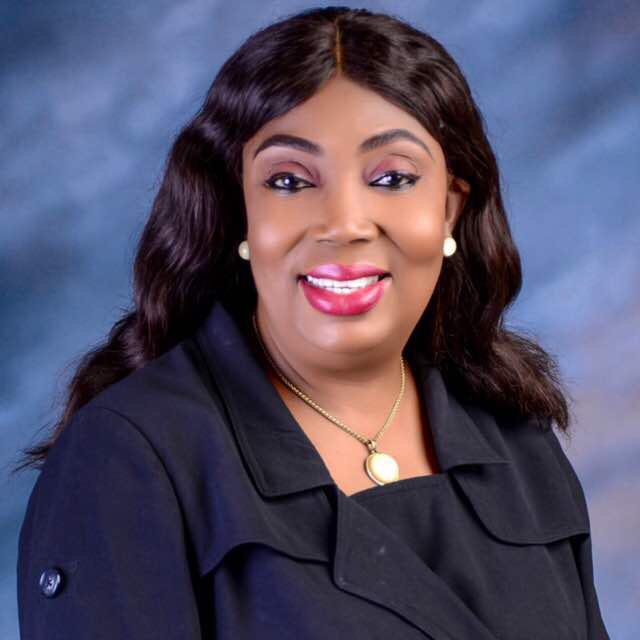By Mandy Asagba
The United Nations observes 23 June as International Widows’ Day, to draw attention to the voices and experiences of widows and to galvanize the unique support that they need.
International Widows’ Day is important because it spreads awareness about the challenges widows face worldwide. It also helps in finding ways to support those widows as part of our social responsibilities. This day helps the activists to urge policymakers to make policies in favor of widows community.
For many women around the world, it is a devastating loss and that loss is magnified by a long-term struggle for basic needs, their human rights and dignity. They may be denied inheritance rights to the piece of land that they relied on for livelihood or evicted from their homes, forced into unwanted marriages or traumatizing widowhood rituals and subjected to other harmful cultural practices. They are stigmatized for life, shunned, shamed and isolated. And, many of these abuses go unnoticed, even normalized.
Thus the theme for the 2021 International Widows’ Day is “Invisible Women, Invisible Problems” . This is because when the husband of a woman dies, she remains alone and her problems become invisible to the whole society. Among various ethnic groups, the Widows are even deprived of their privileges. This theme of Widows’ Day 2021 therefore, urges us to identify those women and make their problems visible to society.
The purpose to celebrate International Widows’ day is the acknowledgement of the United Nations (UN) that widows are invisible to policymakers. Policies focus upon common citizens, labourers, jobless youth, and other suffering segments of society however, nothing is specifically discussed about widows in policy-making meetings. Such an ignoring attitude means that issues of more than 258 million widows worldwide remain unaddressed.
In many Nigerian cultures, when a man dies, his wife is accused of having a hand in his death until she proves her innocence through a series of rituals, like forcing them to shave their hair, drinking the water used in washing the corpse of her dead husband, sleeping with the corpse, being locked up with the corpse for days & month, forced to put on dark clothes for one year, forced to sit on the bare floor for the duration of the mourning period, being prevented from taken her bath, being forced to shout and cry every morning until her dead husband is buried. She is also accused of witchcraft, bad luck, which can lead to her being ostracized in her community. These widowhood practices are acts of Trauma which has negative impact on her children because when a widow is denied her inheritance rights, the children become homeless.
The legal framework to protect widows are the Nigerian Constitution, the Violence Against Persons Prohibition (VAPP) Act, the Convention on the Elimination of all Forms of Discrimination Against Women( CEDAW) described as an international bill of rights for women, the Protocol to the African Charter on Human and Peoples’ Rights on the Rights of Women in Africa,popularly known as the Maputo Protocol and the Child’s Right Act which protect her and the children. Yes we have the laws but how accessible are the widows to justice?
Widows’ Day therefore stresses the issues of this ignored community to make the world more sustainable through Law & strong advocacy and implementation of the laws.
We at AWLA lend our voices to say:
STOP VIOLENCE AGAINST WIDOWS
DON’T ABUSE WIDOWS, SUPPORT THEM
DO NOT OPPRESS THE WIDOW
DON’T STIGMATIZE WIDOWS
WIDOWS ARE NOT WITCHES
WIDOWHOOD IS NOT A CURSE
DO NOT REFUSE TO HELP WIDOWS NOR ORPHANS
DO NO WRONG TO WIDOWS
SAVE A WIDOW TODAY
WIDOWS ARE NOT CURSED, THEY ARE ONLY GOING THROUGH A PHASE OF LIFE’S HARROWING EXPERIENCE
It’s never too late to start over, let’s help the widows to start:
We advocate for subsidized accommodation, school fees, legal aid and welfare packages for widows and their children.
We advocate for the establishment of a specialized agency for widows- to follow up on them and ensure they’re protected and given access to benefits available for them and their children.
AWLA renders free legal services to widows
We go the extra mile to stop indignity to women and children.
Join us today to lend a helping hand to widows.
Mandy Asagba
President, African Women Lawyers Association (AWLA)


